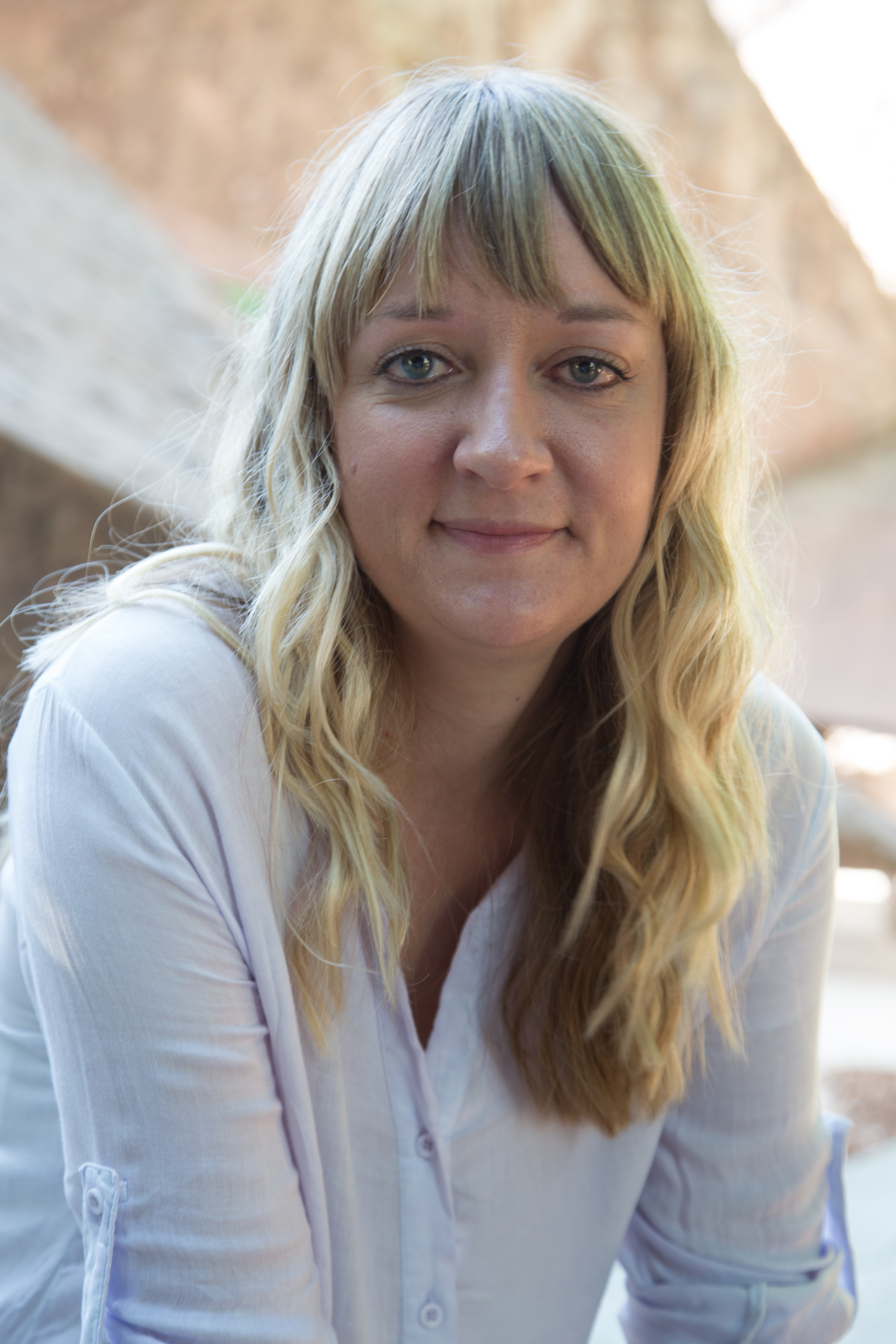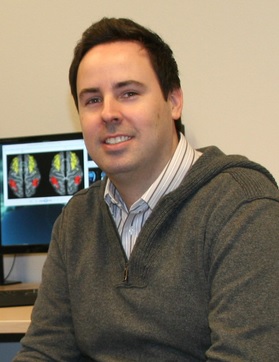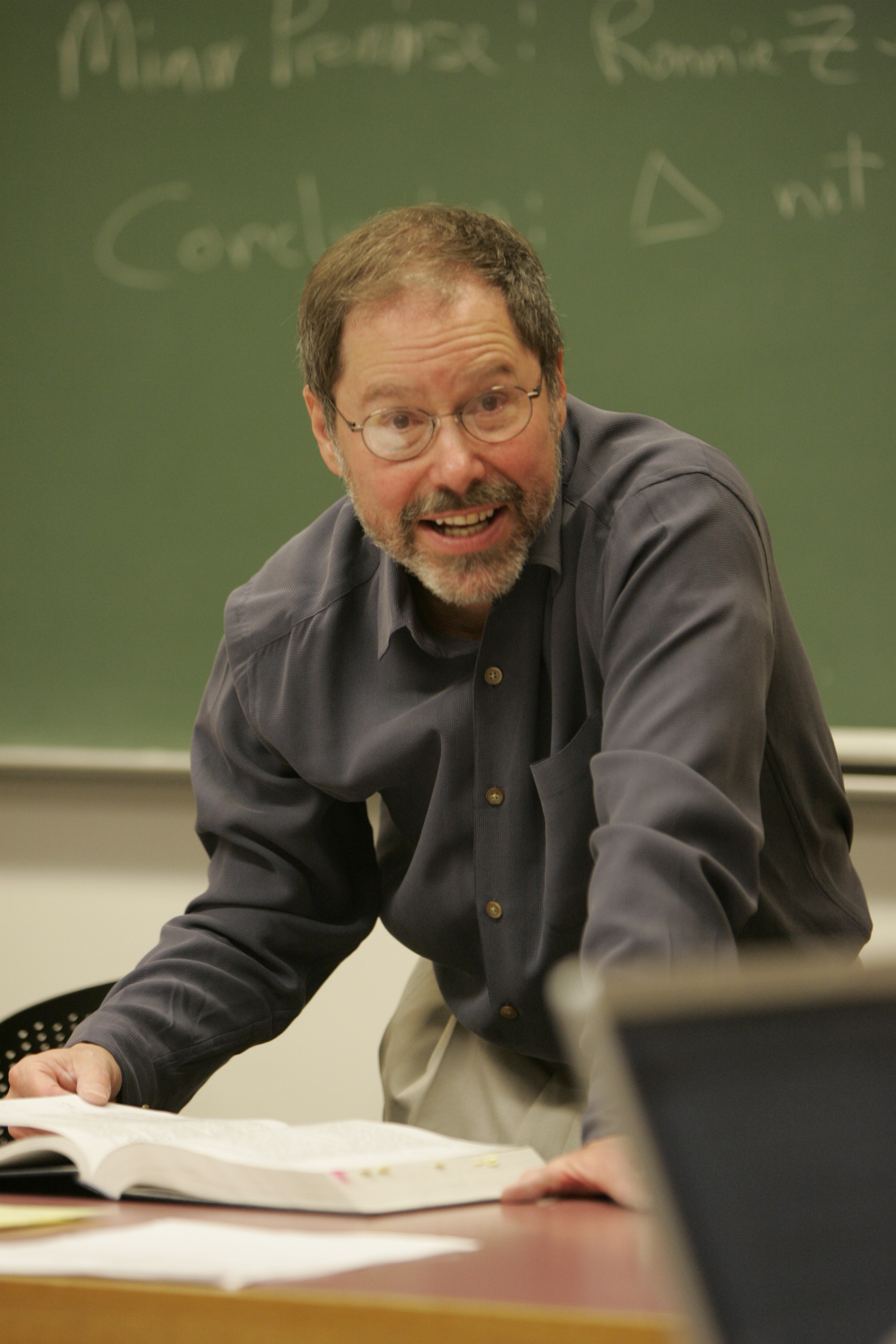Sometimes during a trial a lawyer will get angry, a witness will speak out of turn or a defendant will have an outburst. The judge will then calmly instruct the jury to disregard what just happened.
In theory, it’s supposed to keep emotion and bias out of the legal system. In reality, ASU assistant professor Jessica Salerno said, it’s hard for humans to separate thoughts and emotions so neatly.
Jessica Salerno
“So much of the legal system has to do with people making decisions, and people judging other people’s behaviors,” she said. “It’s inherently psychological. Trying to make a legal system run well would be difficult without understanding what affects people’s decisions.”
The recently established Program on Law and Behavioral Science takes that into account. It brings ASU experts such as Salerno together across disciplinesThe Program on Law and Behavioral Sciences has affiliated faculty from the School of Social and Behavioral Sciences, the Sandra Day O'Connor College of Law, the Department of Psychology, the School of Criminology and Criminal Justice and the School of Social Work. that meet at the intersection of law and behavioral science — including psychology, law, forensics and criminology — to conduct research and teach students in new ways that they hope will improve the legal system by making it more analytical and fair.
Associate professor and program co-founder Nick Schweitzer said research into law and psychology has grown in recent years, with scholars the world over realizing the importance of understanding how the fields intersect and influence each other in the legal process.
For example, psychologists might assist the court in understanding a criminal's mental state or determine whether a jury might be biased against a defendant based on race. The field has also helped reshape how police conduct eyewitness lineups and interviews.
Schweitzer’s own work has been cited by the U.S. Federal Courts to demonstrate how jurors weigh expert evidence in trials. And the work of one of the program’s affiliated faculty members, Regents’ Professor Michael Saks, was instrumental in a U.S. Supreme Court decision regarding the psychological effects of smaller vs. larger juries.
Nick Schweitzer
At ASU, the Program on Law and Behavioral Sciences provides both an opportunity for cross-disciplinary research among scholars, as well as new academic offerings that include undergraduate and master’s degrees in forensic psychology and a doctorate in law and psychology. Classes for the new program will begin in fall 2017.
According to Schweitzer, both the quality of the faculty and the emphasis on interdisciplinary collaboration at ASU stand to make the program “one of the strongest ... both in terms of size and caliber of people.”
This year, Salerno, an affiliated faculty member, was awarded the Saleem Shah Early Career AwardThe Saleem A. Shah Early Career Development Award is given for demonstration of significant early career achievement in forensic psychology, or related fields of law. Forensic psychology combines general training in psychology with specialized course work in criminal law, criminal behavior, the diagnosis and treatment of mental disorders and legal decision-making. for her research into the role of emotion in the legal decision-making process.
Some of Salerno’s recent work has looked at how gruesome crime-scene photos and victim impact statements affect jurors. She’ll be teaching a legal psychology course this fall but is equally excited at the prospect of strengthening research efforts by reaching across traditional fields of study.
“The potential for this kind of collaboration is one of reasons I came to ASU,” she said.
Last year’s winner of the Saleem Shah Early Career Award also hails from ASU. Assistant professor and fellow program faculty affiliate Tess Neal received the award for her research into expert bias in legal testimony.
Michael Saks
“That’s the highest distinction you can get in our field for early career awards,” Schweitzer said, adding that Saks recently received the Award for Distinguished Contribution to Psychology and Law, the highest distinction in the field at the opposite end of the career spectrum.
An ASU alum, Schweitzer’s work focuses on how neuroscience is used in court, in cases where brain scans that may reveal a psychological disorder are used as evidence. He’s thrilled to now be able to continue working with Saks.
Saks, who has been researching medical malpractice, is similarly enthused at the prospects of the new program.
“Psychology has come to play an important role in the making of better law, policy and practices,” he said. “… It has combined with forensic science to be part of ongoing reforms of that field, with economics to create behavioral economics, and will play an essential part in the movement to reduce injuries and deaths in health care.
“The students and faculty in this new program will learn, teach and do research in these and numerous other areas where interdisciplinary innovation involving behavioral science is needed.”
More Law, journalism and politics

When police moonlight, who’s watching?
When police officers work off-duty security jobs, or “moonlight,” often in uniform and sometimes with full police powers, the lines between public service and private interest can blur.A new…

Arizona tax changes this year: What to know
Let’s face it: Tax season is rarely anyone’s favorite time of year. And this time around, there’s an added wrinkle as Arizona’s tax code is in flux.Arizona lawmakers are debating which of the recent…

ASU course inspires students from different majors to engage with government
On a brisk January morning, about 50 students file into a classroom on Arizona State University's Downtown Phoenix campus. Many of the students are majoring in journalism or nursing but they are…



